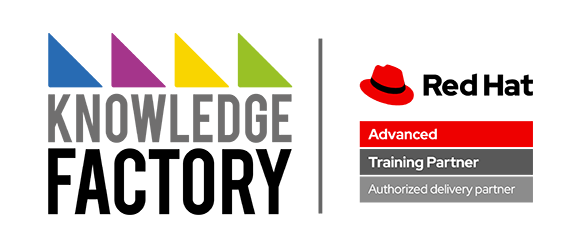Course description
An overview of Red Hat OpenStack Platform
Red Hat OpenStack Technical Overview (CL010) is a series of on-demand, online videos to help you better understand the basics of cloud computing and Red Hat® OpenStack® Platform. Several online demonstrations and use cases are included.
This course is available in English (as well as closed-captioned for English), Japanese, French, German, Chinese, Spanish, Korean, and Italian.
Course summary
Through online, on-demand videos you will learn about:
- Cloud computing
- Red Hat OpenStack Platform
- Compute, storage, and network in relation to Red Hat OpenStack Platform
- High availability with Red Hat OpenStack Platform
- Deploying Red Hat OpenStack Platform
Note: You can view all videos or only the ones that interest you. There are no hands-on labs or course completion recognition associated with this course.
Audience for this course
IT leaders, administrators, engineers, architects, and anyone else seeking a high-level understanding of Red Hat OpenStack Platform capabilities
Prerequisites for this course
There are no prerequisites for this course.
Duration 30 days
